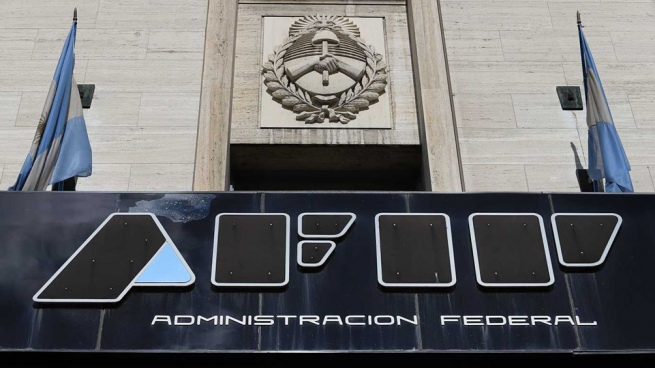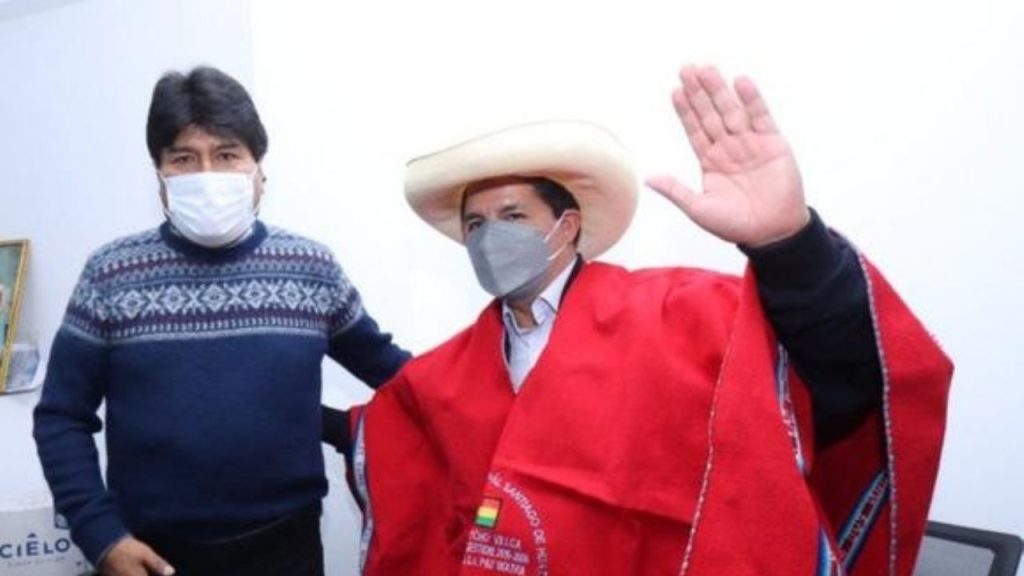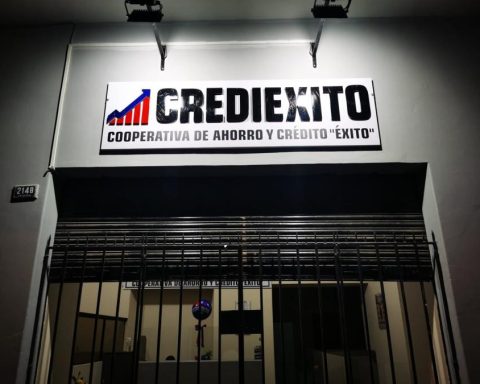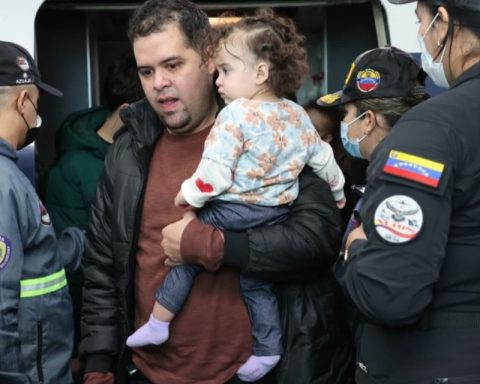Until November 30, the Federal Administration of Public Revenues (AFIP) collected $ 237,300 million in concept of the Solidarity and Extraordinary Contribution, which represented about $ 10,000 million more than at the time of the expiration of the tax, in mid-April of this year. “The difference is the result of the inspection and control policy,” AFIP sources told Télam.
During November they entered $ 1,500 million in taxes, as a result of the tax executions promoted by the AFIP through the General Tax Directorate (DGI). “To date, some 10,600 people have fulfilled their obligations against the Solidarity and Extraordinary Contribution,” they specified from the organization led by Mercedes Marcó del Pont.
Another relevant piece of information that arises from the numbers handled by the AFIP is “The masculinization of wealth in Argentina”. According to official figures, “74% of the people who paid (the tax) are men while the remaining 26% corresponds to women. “” The relationship is maintained when the distribution of income generated by gender is evaluated, “they stressed.
The Law of Solidarity and Extraordinary Contribution of large fortunes was approved at the beginning of December of last year with the aim of moderating the effects of the coronavirus pandemic and reaches assets in excess of $ 200 million. The law contemplates the collection of 2% to the patrimonies of natural persons that have declared up to the date of the promulgation of the law more than $ 200 million.
This rate rises to 2.25% in property cases for between $ 300 and $ 400 million, to 2.50% between $ 400 and $ 600 million and to 2.75% when it is between $ 600 and $ 800 million. The rate rises to 3% when the assets oscillate between $ 800 and $ 1,500 million; to 3.25% for the range of $ 1,500 to $ 3,000 million, and from that figure it is 3.5%.
In mid-April, the deadline for submitting the affidavit and paying the tax expired. At the beginning of May, the AFIP reported that the Solidarity Contribution had initially generated tax revenues of more than $ 223,000 million, after around 10,000 taxpayers framed in that category made the payment of the tribute effective.
On that occasion, he also warned about the audit processes on those who had not submitted their sworn statements.
At the end of May, the AFIP enabled the possibility of carrying out fiscal executions and requesting precautionary measures on the people reached by the Solidarity Contribution who did not comply with their obligations.
The agency also provided that those taxpayers with assets exceeding $ 200 million who owe the payment could regularize their situation through payment plans.
After that, the AFIP began at the end of last October tax executions of about 100 taxpayers with high assets who did not pay the Solidarity Contribution.
The measures were promoted on people with assets exceeding $ 200 million who presented the corresponding affidavit and determined the amount they had to enter, but did not make the payment.
The tax executions initiated were added to the inspection and control tasks carried out throughout the country, which resulted in different taxpayers with assets exceeding $ 200 million submitting their affidavits and making the corresponding payments.
The agency also initiated more than 2,500 audits to taxpayers who did not comply with their obligations regarding the Solidarity Contribution
When the term for the payment of the tax expired, more than 80 taxpayers framed in the payment of the same filed an appeal to avoid the payment of that tax, among them, the businessmen Héctor Magnetto, José Aranda and Lucio Pagliaro, linked to Grupo Clarín; former soccer player Carlos Tevez, contributors Matilde Noble Miter and María Candelaria Caputo, and businessmen Alejandro Saguier, Constancio Vigil, Artín Kalpakian and Eduardo Kalpakian.
At the end of June, the federal administrative contentious judge Walter Lara Correa rejected an amparo action from a taxpayer, who refused to pay the Solidarity Contribution, and argued that the norm “respects the principle of legality.” Three months later, the Federal Administrative Litigation Chamber refused to issue a precautionary measure against the collection of the Solidarity Contribution.

















